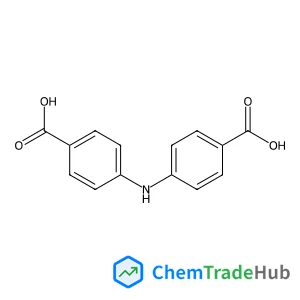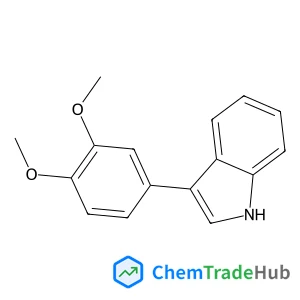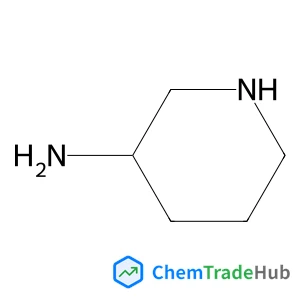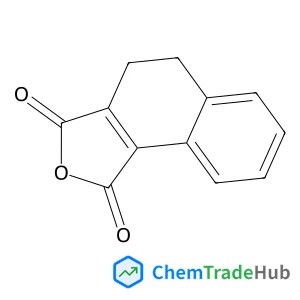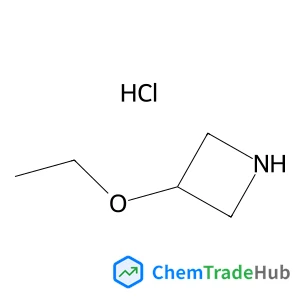Carbene-enabled ether activation through the formation of oxonium: a theoretical view
文献信息
Ya-Nan Wang, Xinghua Wang, Shi-Jun Li
Here, we report a theoretical investigation of the reactivity and chemoselectivity of carbene-enabled ether activation. The mechanism obtained from DFT calculations revealed that the final products were dependent on the stability of the oxonium intermediate, which was afforded by nucleophilic attack of the corresponding ether onto a carbene species. Interestingly, we found that the nucleophilicity of ethers was crucial but not their solvation. Energy decomposition analysis based on absolutely localized molecular orbitals showed that the nucleophilicity of ethers was critical for polarization and charge transfer, leading to the chemoselectivity.
相关文献
IF 6.843
Biomimetic hydrogels designed for cartilage tissue engineeringIF 6.843
Synthesis and optical and electronic properties of one-dimensional sulfoxonium-based hybrid metal halide (CH3)3SOPbI3IF 6.222
Selective production of monocyclic aromatic hydrocarbons from ex situ catalytic fast pyrolysis of pine over the HZSM-5 catalyst with calcium formate as a hydrogen sourceIF 6.367
Cu2ZnSnS4 nanocrystals for microwave thermal and microwave dynamic combination tumor therapyIF 6.222
Insights into the mechanism of photosynthetic H2 evolution catalyzed by a heptacoordinate cobalt complexIF 6.367
From zinco(ii) arsaketenes to silylene-stabilised zinco arsinidene complexesIF 6.222
Small size yet big action: a simple sulfate anion templated a discrete 78-nuclearity silver sulfur nanocluster with a multishell structureIF 6.222
In situ growth of all-inorganic perovskite nanocrystals on black phosphorus nanosheetsIF 6.222
Visible light-driven cross-coupling reactions of alkyl halides with phenylacetylene derivatives for C(sp3)–C(sp) bond formation catalyzed by a B12 complexIF 6.222
来源期刊
Organic Chemistry Frontiers
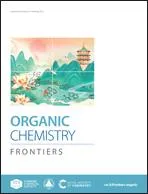
Organic Chemistry Frontiers publishes high-quality research from across organic chemistry. Emphases are placed on studies that make significant contributions to the field of organic chemistry by reporting either new or significantly improved protocols or methodologies. Topics include, but are not limited to the following: Organic synthesis Development of synthetic methodologies Catalysis Natural products Functional organic materials Supramolecular and macromolecular chemistry Physical and computational organic chemistry
推荐供应商
 高邮市光明化工厂
高邮市光明化工厂 成都遨帆医药科技有限公司
成都遨帆医药科技有限公司 杭州荣大医药化工有限公司
杭州荣大医药化工有限公司 KIMAESA AG
KIMAESA AG 上海菱晓贸易有限公司
上海菱晓贸易有限公司 深圳市优品生物科技有限公司黄石分公司
深圳市优品生物科技有限公司黄石分公司 广州观泓生物科技有限公司
广州观泓生物科技有限公司 上海芯上工业科技有限公司
上海芯上工业科技有限公司 上海德祥医药技术有限公司
上海德祥医药技术有限公司 国际商业系统(IBS)GmbH
国际商业系统(IBS)GmbH










